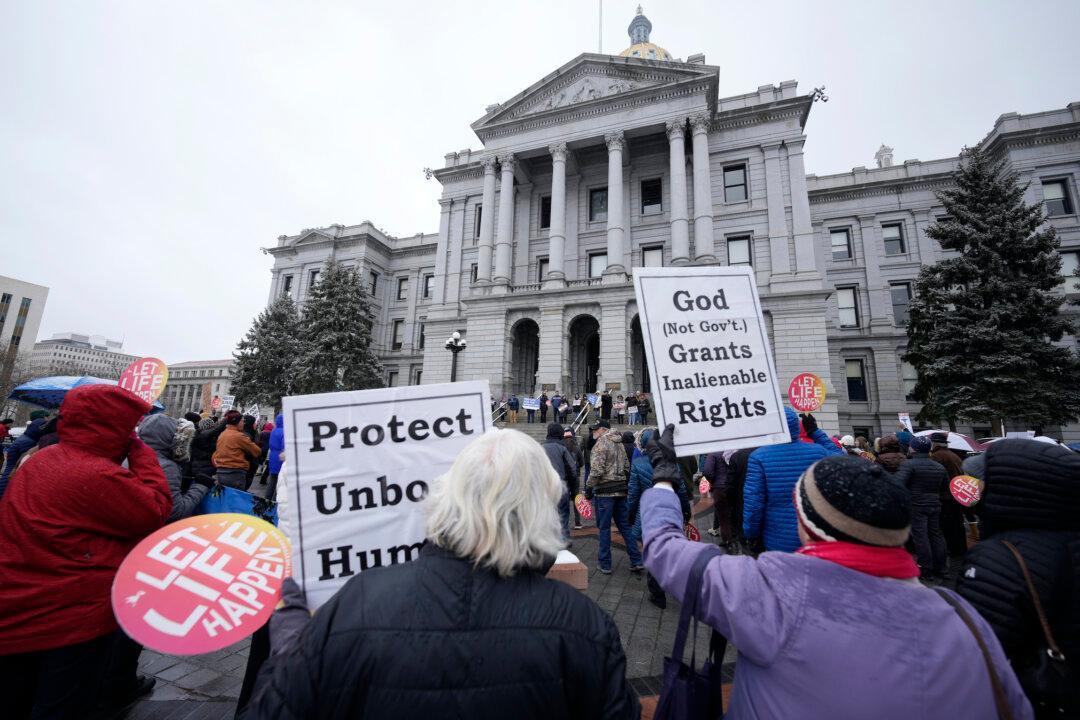A judge has temporarily halted a Colorado bill that banned abortion reversal treatment after a clinic alleged in a lawsuit that the new law violated its Constitutional rights.
Judge Daniel Domenico, who noted that Colorado is the only state to ban the treatment, issued the temporary restraining order over the weekend after Bella Health and Wellness argued that barring them from prescribing the abortion pill reversal treatment violates their First Amendment right to free speech and religious exercise.





